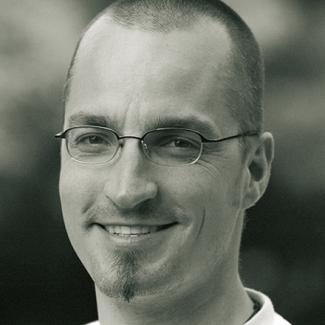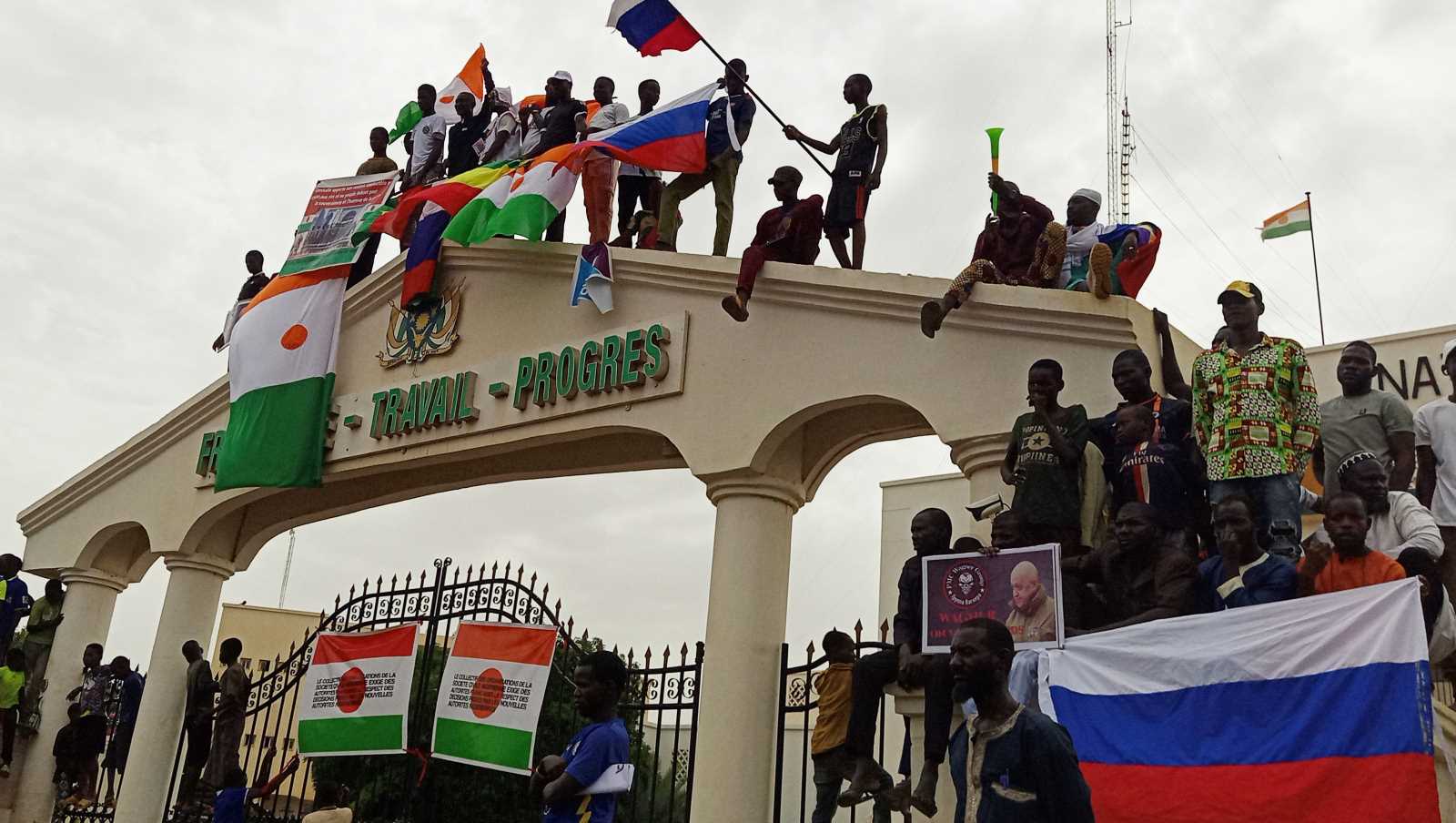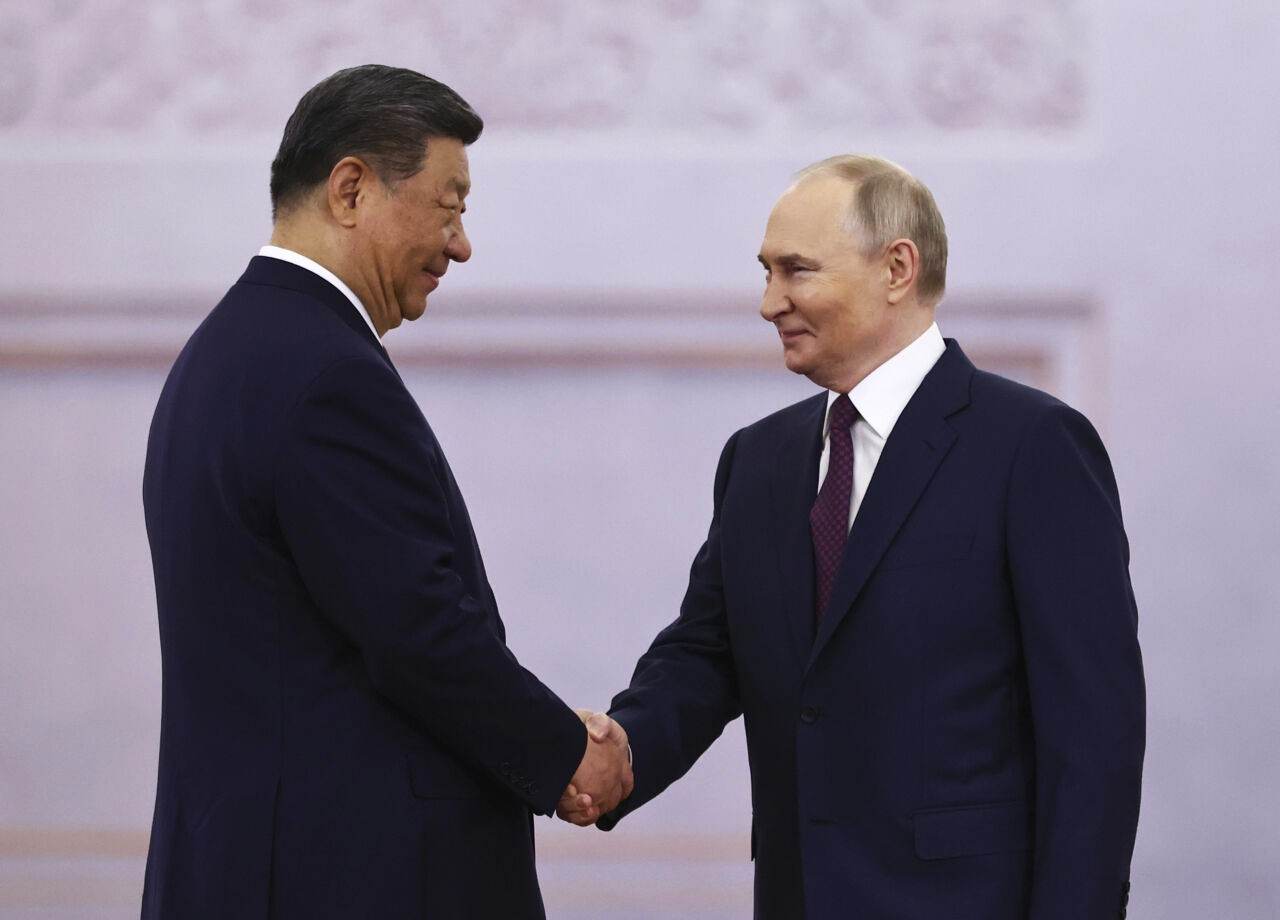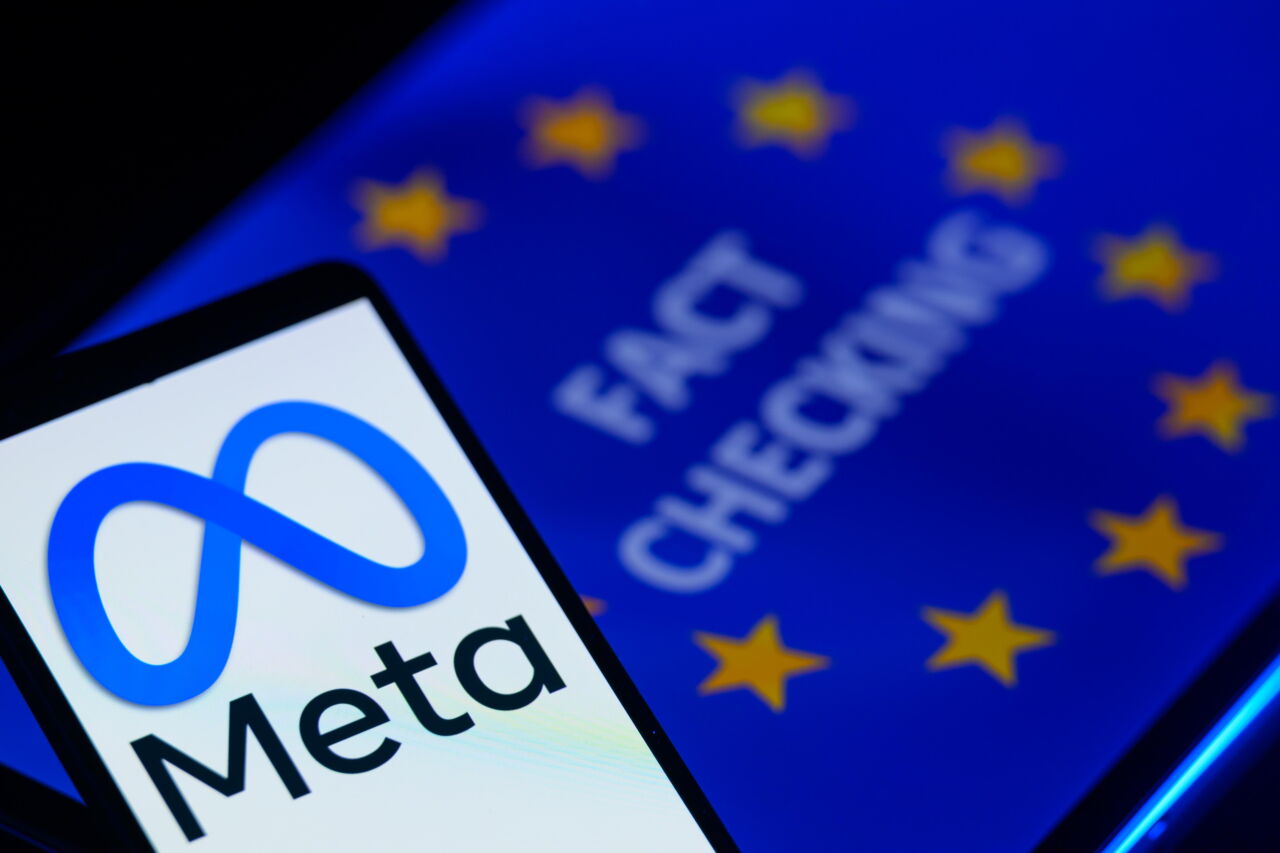Elected government
The double message of Diomaye’s election victory in Senegal
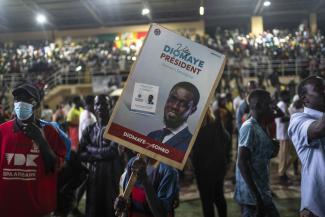
Observers had expected the election to be close. After Diomaye’s triumph, commentators praised Senegal as a beacon of democracy in a troubled world region. Military coups have toppled elected governments in several member countries of the Economic Community of West African States (ECOWAS). By contrast, western media could now happily emphasise Senegal’s long history of peaceful transfers of power since independence in 1960, the strength of civil society, the independent judiciary and a properly working security sector.
Unfortunately, that is not the full picture. Spanish civil-society organisations are demanding that EU institutions investigate what role the EU played in the deaths of Senegalese protestors who had taken to the street when Macky Sall, the previous president, had stalled elections at the end of his term. Spanish activists suspect that the victims were killed by special forces who were equipped by the EU as border troops.
Senegal’s democracy looks dented in other ways too. That it is considered a role model is mostly due to its having survived recurring attacks on its foundations. Sall’s predecessor, Abdoulaye Wade, also only left office under the pressure of street protests in 2012. He too had wanted to stay in office for a third term. As was the case again now, the state institutions only stepped in to prevent an unconstitutional power grab after a broad-based protest movement had erupted and after attempts to suppress it had failed.
It is telling that professional observers from western countries did not properly assess the situation before this year’s postponed election. Even though Sall had become very unpopular, they still expected a close race. Their misjudgement reflects the deep gulf between Senegal’s small ruling elite, to which the supposed “experts” pay attention, and the vast majority of the people.
For quite some time, western media have been doing a poor job of assessing why democracy cannot be taken for granted in ECOWAS countries anymore. The plain truth is that elected governments have often failed in the eyes of the people. Where western observers saw stability, the citizens experienced bad governance, corruption and flawed judicial procedures. Official development assistance made no difference in their lives, so they read aid flows as payments for the elites’ willing cooperation with donor governments.
It fits the picture that western media now cast Diomaye and his prominent Prime Minister Ousmane Sonko as firebrand populists who threaten democracy. This kind of assessment overlooks the fact that Diomaye’s election victory resulted from people’s loss of trust in the country’s previous government, which was supported by western governments, but only served elite interests.
Demanding true independence after six decades of formalindependence
Many Senegalese will tell you today that it is time to finally make the country truly independent some six decades after it won formal independence. They resent the west’s lasting influence on governance and the economic system. They have seen corrupt leaders trample on fundamental rights while obtaining sinecures and positions of power relying on merely formally democratic methods. On the upside, elections showed that Senegal’s people have not lost faith in the constitution and elections in principle.
Diomaye and Sonko have pledged to fight corruption, reduce unemployment, get inflation under control and promote Senegal’s autonomy in regard to energy and resources in general. They have also declared that they want to push back against the influence of France, however, without taking an aggressively confrontational stance towards the former colonial power so far.
Senegal’s new leaders’ success would strengthen the country’s democracy, whereas failure might easily undermine it further. At this point, criticism of Diomaye and Sonko only makes the western commitment to democracy look less credible in voters’ eyes. If western governments are serious about promoting democracy, they should cooperate with Senegal’s elected new leadership in a constructive manner.
Markus Rudolf is a senior researcher affiliated at the Department of Social Anthropology, Addis Ababa University.
markus.k.rudolf@googlemail.com
